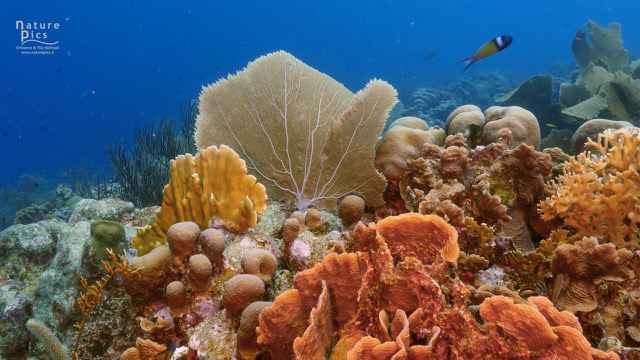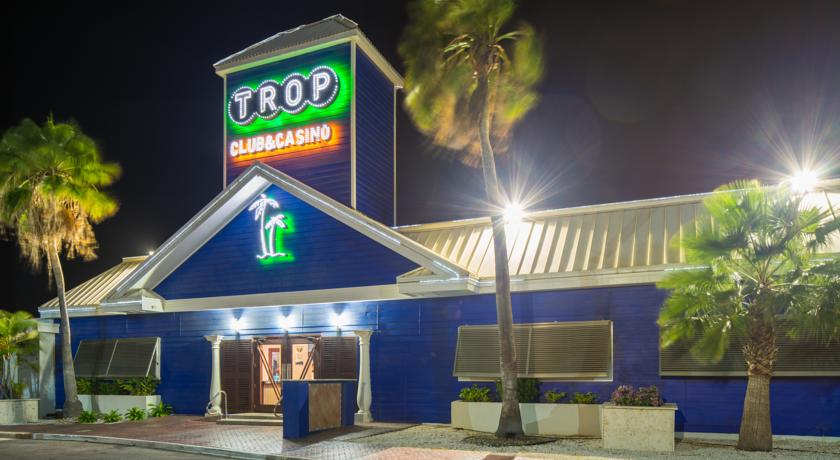Photo: Coral reef- © Naturepics: Y.+T. Kühnast (all credits reserved)
KRALENDIJK, BONAIRE — In December 2020 the Dutch Caribbean Nature Alliance (DCNA), through its contractors Nature2 and Coastal Zone Management, concluded the Management Effectiveness Project for all of the Protected Area Management Organizations in the Dutch Caribbean. The project, which was restarted after a two-year hiatus, tracks the effectiveness of the management actions implemented by Protected Area Management Organizations in the Dutch Caribbean.
A critical component of effective adaptive management and fundraising is the ability to demonstrate success and progress. For this reason, DCNA has developed a detailed data collection and analysis system, based on the International Union for the Conservation of Nature (IUCN) ‘management effectiveness framework’. This system not only captures baseline data but also acts as a tool for analysing the conservation success, institutional progress and management effectiveness at each of the protected area sites. As the project continues, valuable time series data are obtained every year as the capture sheets used to gain the information are updated. This time series information will reflect changes in the priorities of the park management organizations as the time distribution between core management tasks changes as well as the emphasis on different projects and research being carried out.
The ability of the nature organizations to deal with the pressures they face comes down to their management capacity. The management success reports outline the context within which management is taking place, the elements of the management capacities of the organization’s and the management activities carried out.
The information contained within this document could be used by interested parties to raise awareness about the management activities taking place within the DCNA and the local, regional and international significance of the protected areas. Protected Area Management Organizations also use the reports to form a part of their technical reports. The aim is to make this an annual exercise.




















